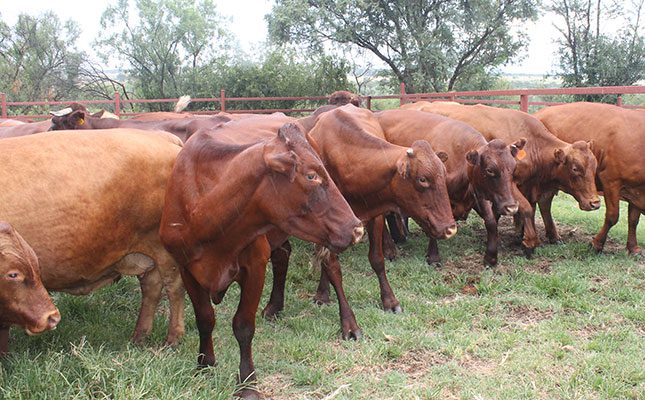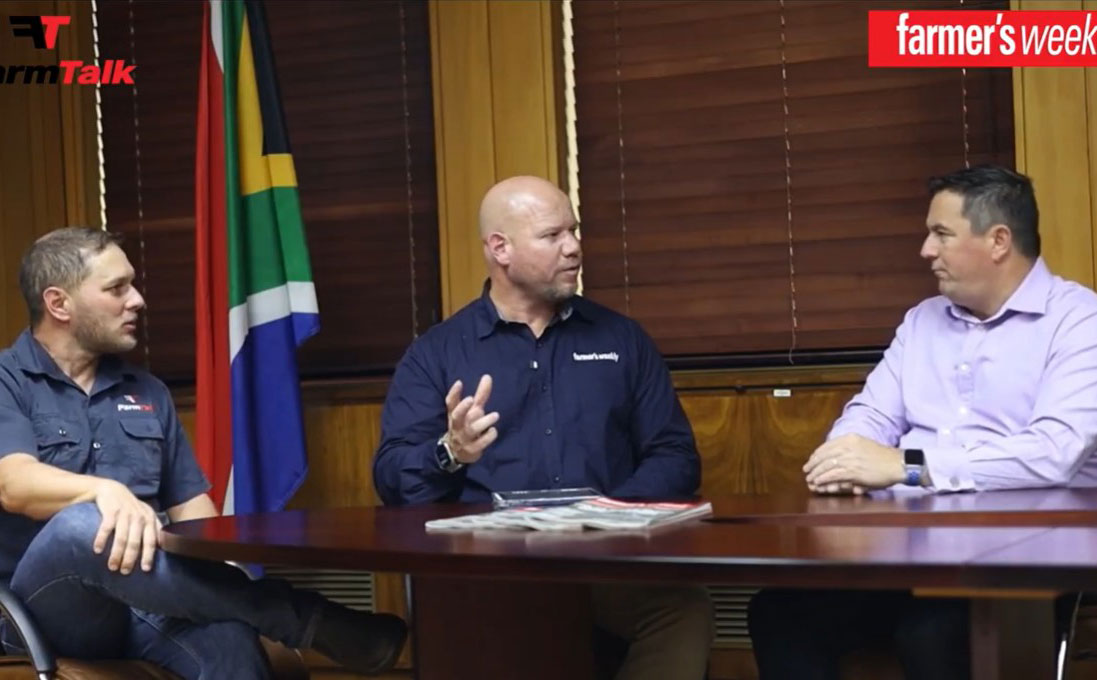
The Red Meat Industry Services (RMIS) is calling for urgent reform of international foot-and-mouth disease (FMD) protocols to reflect the fundamental differences between virus serotypes.
The RMIS is arguing that the SAT1, SAT2, and SAT3 strains prevalent in Southern Africa are significantly less severe than those in the Northern Hemisphere, a distinction that could unlock export opportunities for the country’s red meat sector.
“The serotypes found in South Africa are highly contagious, but seldom fatal,” said Dewald Olivier, CEO of RMIS. “Affected cattle typically recover within days. This contrasts sharply with the exotic FMD strains found in the Northern Hemisphere, where mortalities are significantly higher.”
Despite these differences, the World Organisation for Animal Health (WOAH) currently does not differentiate between serotypes in its disease management protocols, which is a regulatory gap that RMIS is determined to change.
“Our goal is simple: to achieve international recognition that not all FMD strains carry the same risk,” Olivier said. “This would pave the way for a differentiated policy approach, potentially allowing trade in livestock and meat products from regions affected only by the less virulent strains.”
Such a shift would be a game changer for South Africa’s red meat industry. Although China recently banned the import of South African meat, broader trade partner caution continues to limit market access and sector growth.
To further mitigate risk, RMIS is advocating for the strategic vaccination of livestock in controlled, compartmentalised zones such as individual farms and feedlots. These zones would be monitored closely to ensure compliance and traceability, adding a further layer of safety to trade protocols.
However, the plan still requires scrutiny from the 14 veterinarians of the FMD Working Group. RMIS is engaging closely with them to fast-track decision-making.
On the vaccine supply front, approximately 500 000 doses are expected to arrive from Botswana by 19 June, with an additional 400 000 doses due shortly thereafter. Olivier stressed that this is far from sufficient to contain the current outbreak.
“South Africa urgently needs not just vaccines for affected farms, but also proactive protection in traditional high-risk zones like Limpopo and Mpumalanga,” he noted. “Local vaccine production is being explored as part of the long-term solution, but right now we must do what we can with the limited stock available.”
RMIS has also specifically requested vaccine allocations for strategic operations, including Karan Beef, which has reported positive FMD cases across all three of its operations.
“Even if resources are constrained, we must take steps to safeguard all critical operations to maintain national food supply and economic stability.”
Get trusted farming news from Farmers Weekly in Google Top Stories.
➕ Add Farmers Weekly to Google ✔ Takes 10 seconds · ✔ Remove anytime










